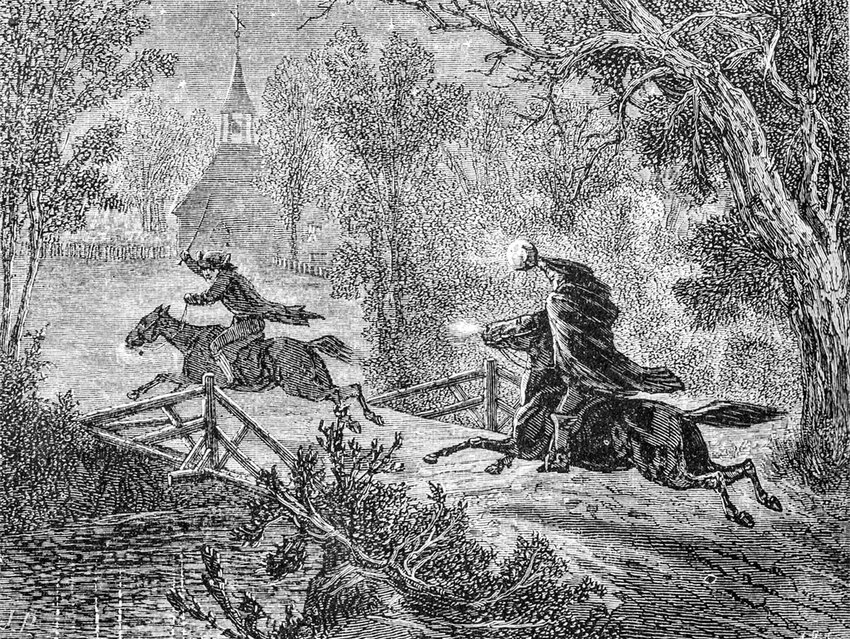
Deontology
[dee-on-TALL-oh-jee]
Part of speech: noun
Origin: Greek, early 19th century
1.
A theory of ethics that establishes rules of right and wrong actions
2.
The study of determining the right way to live life, based on duty and moral obligation
Examples of Deontology in a sentence
"After studying deontology in her Intro to Philosophy class she became obsessed with creating rules for her roommates to follow."
"The Golden Rule is one of the most basic principles of deontology — treat others how you wish to be treated."
About Deontology
Deontology determines a moral framework for right and wrong — basically, rules for how to live your life. Nihilism, the philosophy that there are no moral principles and life has no meaning, can be considered the opposite of deontology. You may experience a bit of nihilism when you struggle to get out of bed to go to work. "What's the point?" you may think. Try to summon up inspiration from deontologists: Go forth and do the right thing.
Did you Know?
In many names for philosophies or ideas, the root word can be converted into other parts of speech. Deontology, the name for the ethical rule-following philosophy, is the noun. A deontologist, also a noun, is one who practices or studies the philosophy. And deontological, the adjective, describes anything that follows the principles of deontology.








